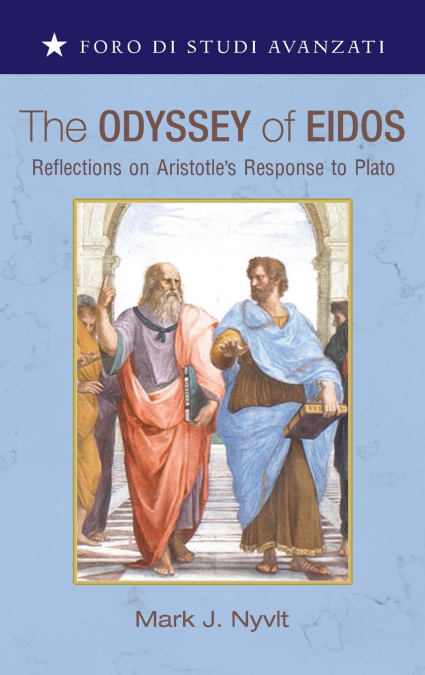
Mark J. Nyvlt
Aristotle sets the horizons of our inquiry: What is it when we say we know something? And is the object of knowledge a universal or particular [tode ti] object? Aristotle’s critique of Plato’s theory of form/Forms in light of his notion of actuality has generated a variety of topics that frame our inquiry: 'Understanding Eidos as Form in the Works of Aristotle as Plato’s Critical Student'; 'Aristotle on Plato’s Forms as Causes'; 'Notes on the Relationship between Plato’s Parmenides and Aristotle’s Metaphysics Alpha'; '’Separate’ and ’Inactive’? Aristotle’s Most Challenging Critique of Plato’s ’Forms’'; 'Too Much Unity in a City Is Destructive of the City: Aristotle against Plato’s Unification Project of the Polis'; 'Aristotle on the Soul as Actuality'; 'Delphic Piety in the De Anima of Alexander of Aphrodisias'; 'Aristotle and Plotinus: Act and Potency and the Two Acts'; and 'Al-Fārābīon Habit and Imagination.' Here, the Peripatetic readings of form and actuality are parsed from the precipice of historical, analytic, and continental approaches to the mind/language/object problem, with advocacy of the importance of Aristotle’s contribution to this inquiry for the present age.